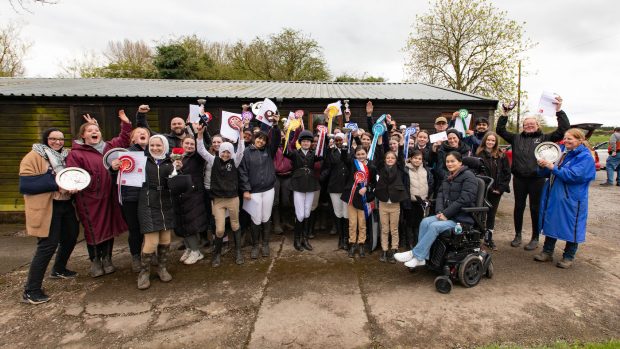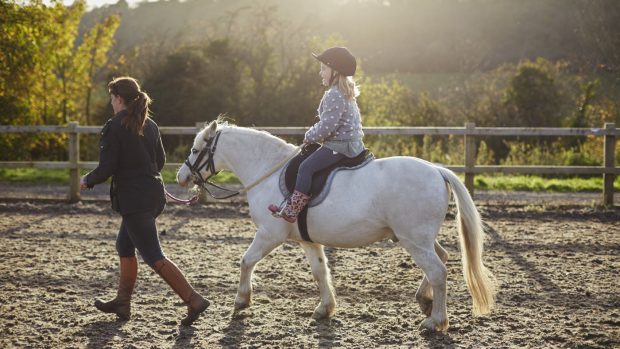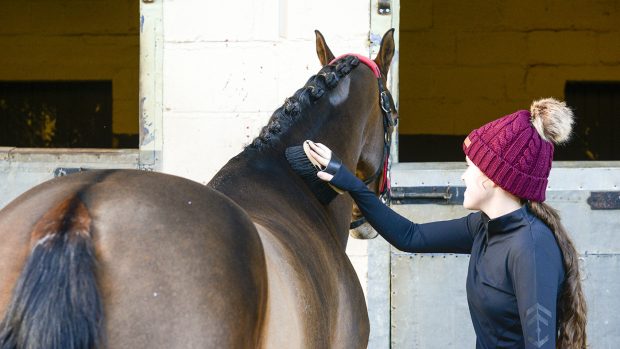Coaches have been reminded that they must hold a licence to provide lessons on their own horses – and are breaking the law if they do so without one.
There have been reports of an increase in adverts on social media from coaches, who are not operating as part of a riding school, offering lessons on their own horses – for example, providing lessons on “schoolmasters”. The British Horse Society (BHS) confirmed to H&H that to do this, a licence is required by law.
“Failure to do so could lead to a fine or even imprisonment,” said BHS chief operating officer Sarah Phillips. “They may also be disqualified from holding such a licence for such time as the court thinks fit.”
BHS Fellow Pammy Hutton, owner of Talland School of Equitation, told H&H she has noticed people regularly advertising lessons on their own horses without a licence, including top riders.
“Riding schools are struggling and the situation is not helped by people doing this. I don’t see why we should have to go through all the hoops to have a licence and insurance when somebody else doesn’t bother,” she said.
Tim Downes, BHS Fellow and co-owner of Ingestre Stables shared Pammy’s concerns and told H&H the situation is getting worse.
“There are more and more people that have got older schoolmasters, they’re struggling to afford to keep them and if they can earn a few pounds every week by giving the odd lesson on them, two or three lessons pays for the keep of that horse,” he said.
“They tend to teach people they know on the basis that if those riders had an accident, they wouldn’t sue them – so therefore think it’s OK. There needs to be much more awareness about this and the fact it’s illegal.”
An SEIB Insurance Brokers spokesman confirmed to H&H if a coach disclosed to insurers they were giving lessons on their own horse(s), underwriters would have asked whether a riding establishment licence was in place – and if the answer was no, insurers would not have issued a policy.
“On the other hand, if the coach did not mention giving lessons on their own horse(s) and a policy was issued, insurers could consider this to be a breach of the duty of fair presentation and consequently reduce the amount paid on a claim, or even seek to avoid a claim completely,” he said.
The spokesman added that if a coach may not have been giving lessons on their own horses when they first applied or renewed their insurance, but they started offering this at a later date, insurers would consider this to be a “material change in risk”. And if this information was not disclosed, they may reduce any claim payment or not pay at all.
You might also be interested in:

‘Think the unthinkable’: concerns raised over uninsured coaches

Pammy Hutton: ‘How long before a whip is deemed cruel?’

Subscribe to Horse & Hound this spring for great savings
Horse & Hound magazine, out every Thursday, is packed with all the latest news and reports, as well as interviews, specials, nostalgia, vet and training advice. Find how you can enjoy the magazine delivered to your door every week, plus options to upgrade your subscription to access our online service that brings you breaking news and reports as well as other benefits.





